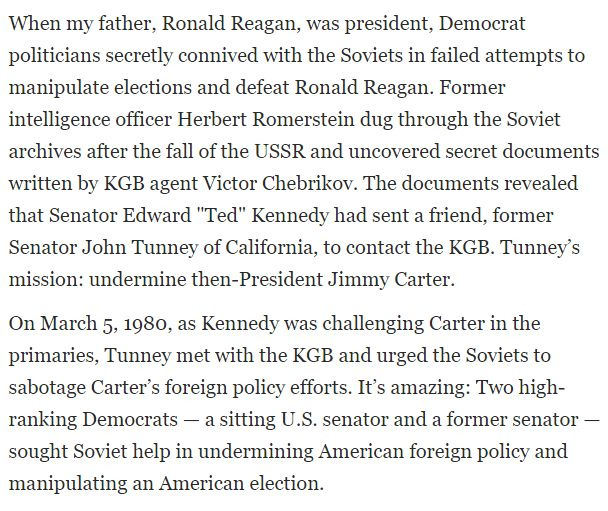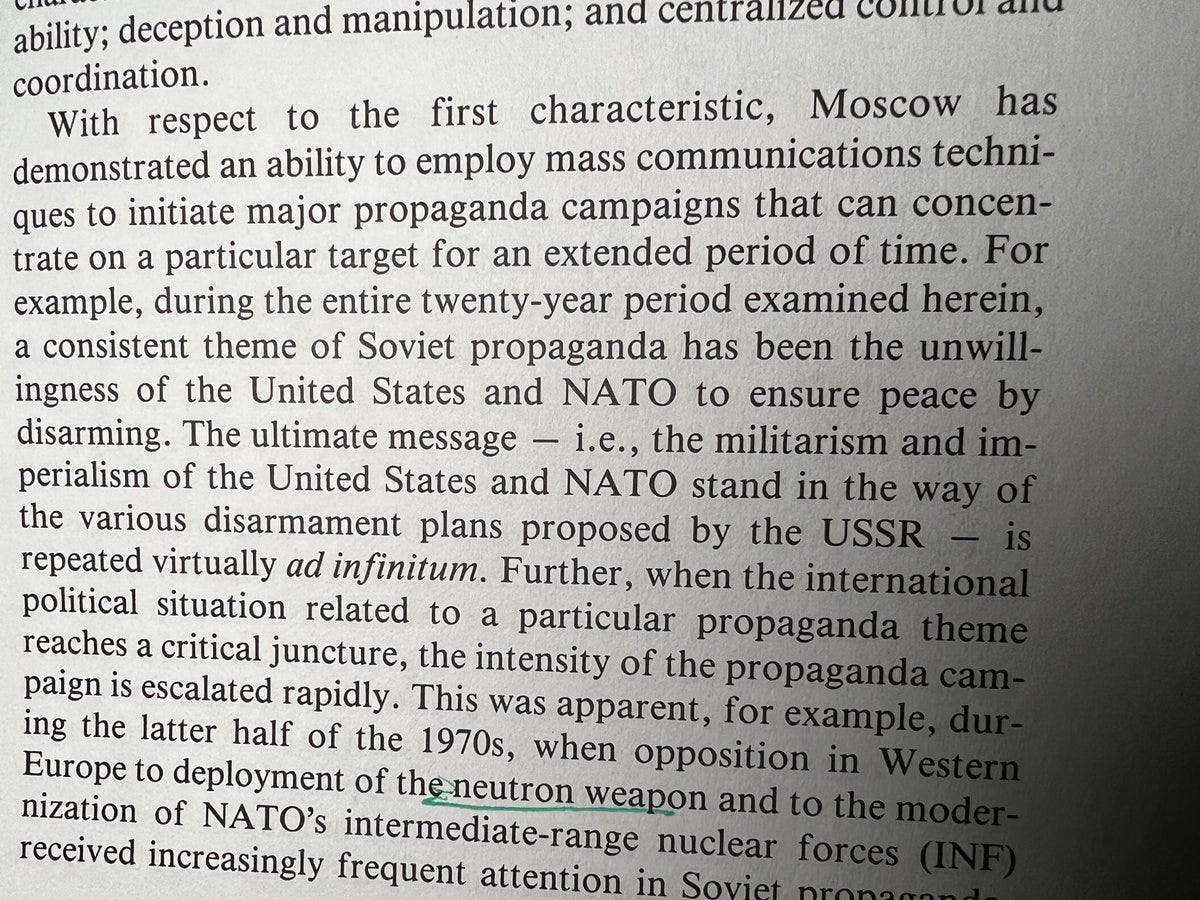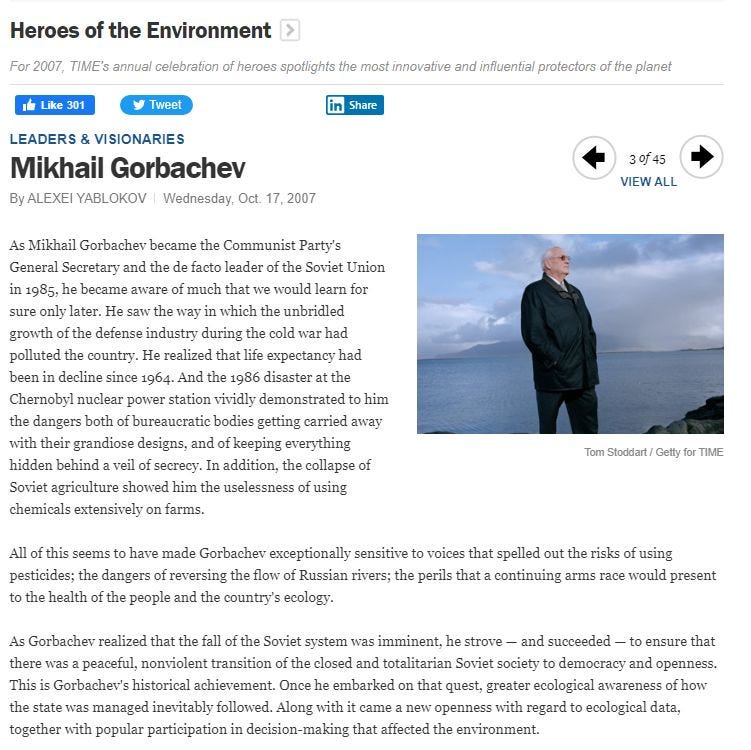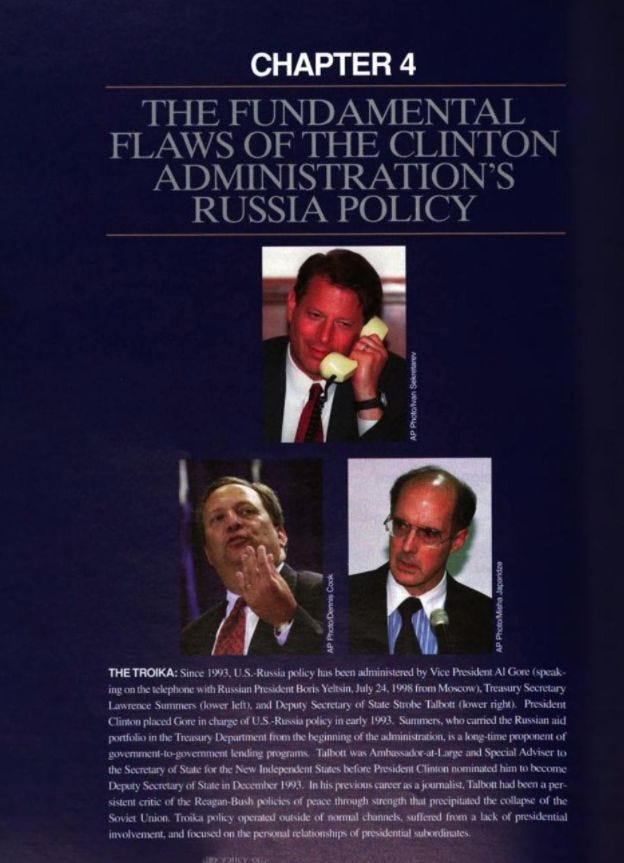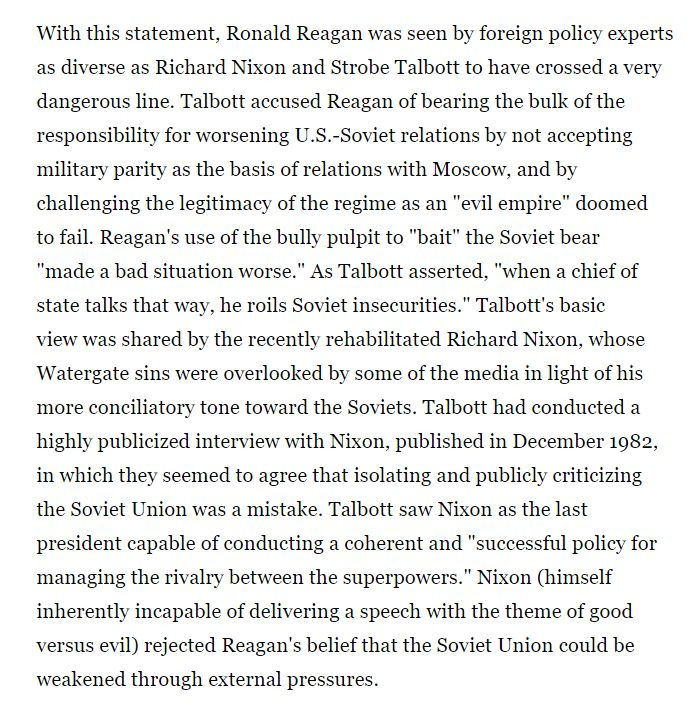The Democratic Party's History of Weakness and Collusion with the Russians: Part 1
Contrary to the bluff and bluster of prominent American politicians, the Democratic Party has long acted as the Russians’ best ally in the United States.
The modern Democratic Party likes to talk about Russia. A lot.
The Russia hoax was a daily talking point for four years under the 45th President Donald Trump. Russia, Russia, Russia. Every day. It was overkill. But why?
Is the Democratic Party really as adversarial to Russia as they purport? Or is their bluster all part of a gigantic bluff?
Prominent Democrats like Eric Swalwell, Hillary Clinton and Joe Biden act like they are strong opponents of Russia. But the Democratic Party actually has a long history of aiding Russia, whether out of corruption or due to being 'useful idiots.'
Whether it has been aiding the Soviet Union’s foreign policy objectives, undermining the U.S.’s energy independence, disarming Russia’s adversaries, or even proposing ‘quid pro quo’ deals with the Kremlin, the Democratic Party has long acted as the Russians’ best ally in the United States.
Here is a relatively brief overview, broken into two parts, about the Democratic Party’s seedy past with the Russians. It is borne of the necessity to rebut the incessant prattling by the Democratic Party that it has always been “tough on Russia.”
In 1974, Senator Ted Kennedy had a four-hour long private meeting at the Kremlin. The results were a coup for Moscow. Kennedy and then Soviety Premier Leonid Brezhnev "expressed the deep commitment of their two countries to maintain peace between them, to bring the arms race firmly under control.”
Senator Kennedy wasn't done doing the USSR a much-needed favor as it struggled to keep pace in the arms race. The 'liberal Lion of the Senate' would continuously collude with the Soviets to undermine his political opponents.
As Michael Reagan recounts: “When my father, Ronald Reagan, was president, Democrat politicians secretly connived with the Soviets in failed attempts to manipulate elections and defeat Ronald Reagan…”
“[A]s Kennedy was challenging Carter in the primaries, Tunney met with the KGB and urged the Soviets to sabotage Carter’s foreign policy... It’s amazing: Two high-ranking Democrats… sought Soviet help in undermining American foreign policy and manipulating an American election.”
In 1991, a Sunday Times journalist uncovered a KGB memo that Kennedy offered the Soviets a quid pro quo agreement to undermine sitting President Ronald Reagan.
"Kennedy’s proposal was simple: The senator would help Andropov in dealing with Reagan, if the Soviet Union would help the Democratic Party in challenging Reagan in the 1984 presidential election."
According to the memo, on his side of the bargain he would “arm Soviet officials with explanations regarding problems of nuclear disarmament so they may be better prepared and more convincing during appearances in the USA.”
'Nuclear disarmament' is a red flag for Moscow patsies. As Schultz and Godson put in ‘Dezinformatsia’ (35): ‘[D]uring the entire twenty-year period examined herein, a consistent them of Soviet propaganda has been the unwillingness of the United States and NATO to ensure peace by disarming.”
Remember this theme. You will see it again.
In a famous 1983 speech, Reagan referred to the USSR as an “evil empire.” This earned him condemnation from the American left — including Democrats.
In 1984, Democratic presidential candidate Mondale pledged he would tell Soviet premier Yuri Andropov: "Let's sit down in Geneva this afternoon... and I would say... in the name of humanity can't we negotiate a verifiable nuclear freeze on nuclear weapons?"
“Some Reagan opponents went so far as to applaud the efforts of the British historian and anti-nuclear activist, E. P. Thompson, who argued that the United States was ‘more dangerous and provocative’ than the Soviet Union”…
After the fall of the Berlin Wall that Reagan famously told Gorbachev to “tear down” and the USSR formally dissolved in ‘velvet revolutions,’ the former Soviet Union pivoted to — climate change.
As a Time 'Heroes of the Environment' piece put it: "As Gorbachev realized that the fall of the Soviet system was imminent, he strove—and succeeded—to ensure that there was a peaceful, nonviolent transition of the closed and totalitarian Soviet society.”
“This is Gorbachev's historical achievement… Once the U.S.S.R. collapsed, Gorbachev used his authority and experience to launch Green Cross International in the wake of the 1992 U.N. Rio Conference on Environment and Development."
The USSR ‘transition’ period commenced under Clinton.
From ‘Russia’s Road to Corruption’: “Since 1993, U.S.-Russia policy has been administered by Vice President Al Gore, Treasury Secretary Lawrence Summers, and Deputy Secretary of State Strobe Talbott.”
Talbott would become Gore’s Russia mentor. Al Gore only appeared to have firsthand experience on Russia from his time touring it with known Soviet asset Armand Hammer, who had contributed $500,000 in Occidental Petroleum stock to the Gore family trust. Strobe Talbott had a long history as a Soviet apologist.
“Talbott accused Reagan of bearing the bulk of the responsibility for worsening U.S.-Soviet relations... Reagan's use of the bully pulpit to ‘bait’ the Soviet bear 'made a bad situation worse'."
“Talbott... sought to become the full-time manager of U.S.-Russia relations… He chaired the Former Soviet Union Policy Steering Group, which he said carried ‘a presidential mandate to coordinate all elements of administration policy toward the former Soviet Union’."
Strobe Talbott would ultimately oversee a 1994 plan to disarm Ukraine of nuclear weapons that the nation wanted to keep as a deterrent against future Russian invasion.”





